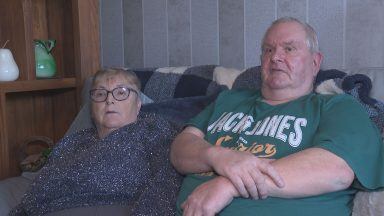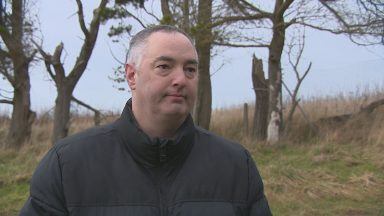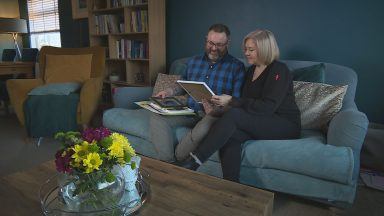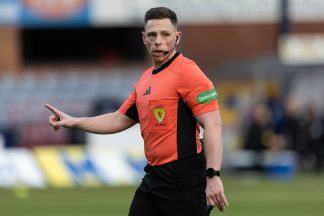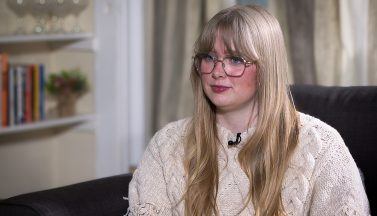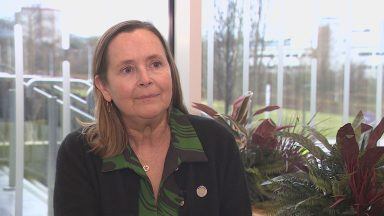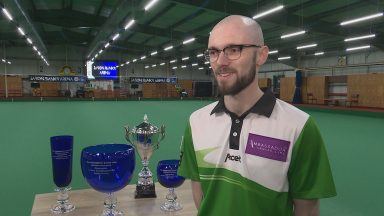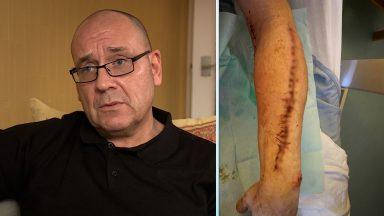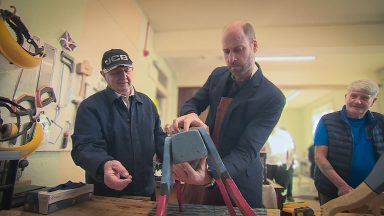Families reeling from the devastating effects of an epilepsy drug taken during pregnancy say they’re tired of being “fobbed off” by those in power.
It’s estimated that around 2,000 children in Scotland have been harmed by foetal exposure to sodium valproate since the 1970s.
Little has been done to support those affected despite a landmark report four years ago urging action.
The McKerrows are among thousands of people across the UK seeking redress for families affected by sodium valproate, a medication that has caused up to 20,000 children to be born with birth defects.
Caroline, 58, and Charlie McKerrow, 63, from Kilmarnock, say they are fighting for their daughter Claire and others whose lives have been impacted by the drug.
Claire, now 42, was diagnosed with valproate syndrome aged 18 after suffering from a range of health challenges throughout her life including mobility issues, learning difficulties and seizures.
These symptoms were later connected to the use of sodium valproate during Caroline’s pregnancy.
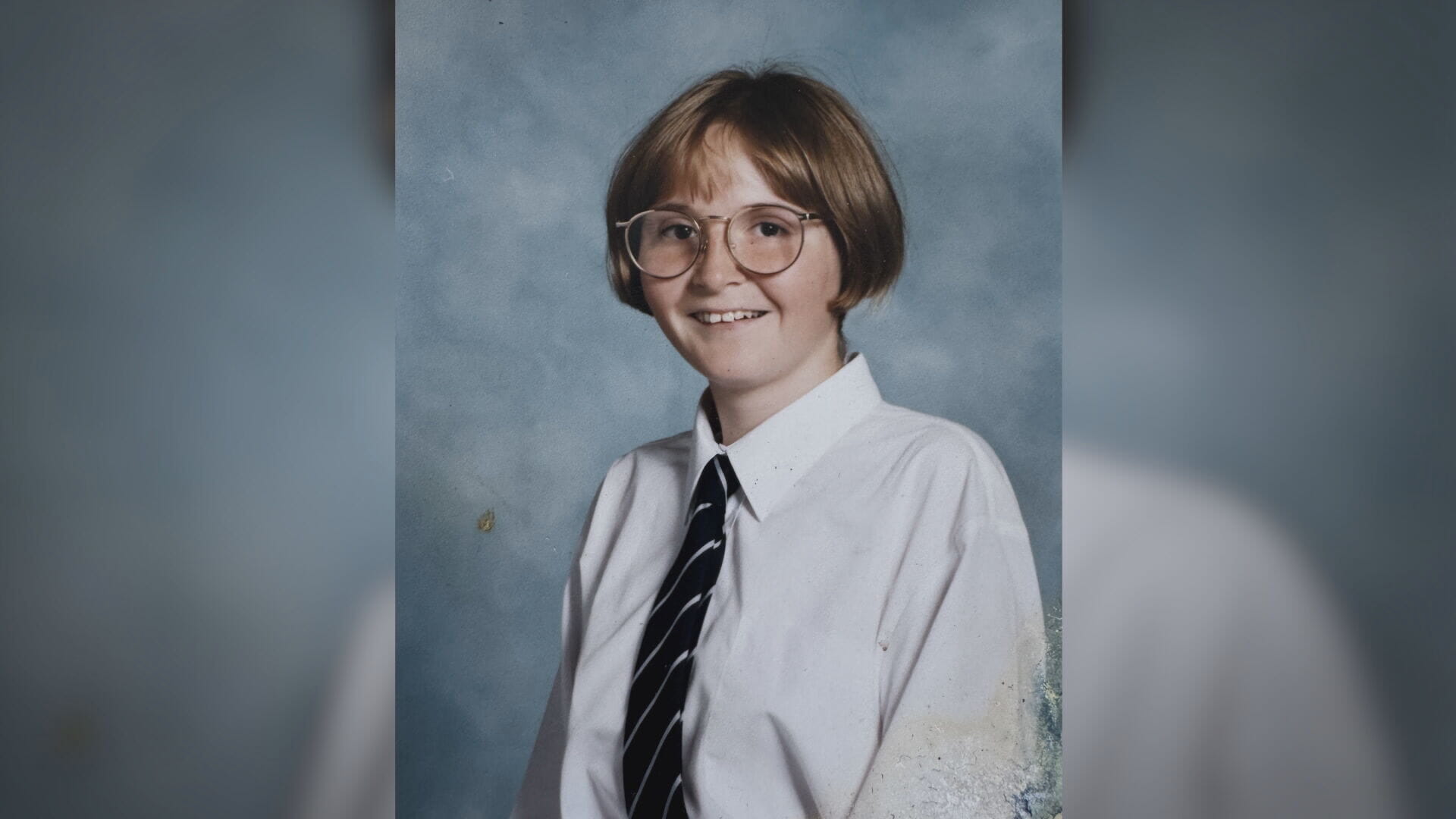 STV News
STV News“We approached the GP about the risks of having a family due to Caroline’s epilepsy and medication involved. We were told to go ahead, (that) everything was hunky dory,” Charlie said.
Born six weeks premature and placed in an incubator, Claire’s parents recall that she wasn’t acting like a “normal baby.”
As she grew older, Claire’s health struggles continued. She developed a curvature of the spine and her learning lagged behind her peers in school.
Despite numerous hospital visits and tests, no one could figure out the cause.
Charlie said: “I am raging – I don’t know who to blame, whether it’s the government, GPs, drug companies. Someone is to blame for these children.
“This could and should have been prevented. We’ve known since 1965 there were side effects. Why were they still prescribing it?
“We went through years of hell. We’re doing this so no other parent has to go through this.”
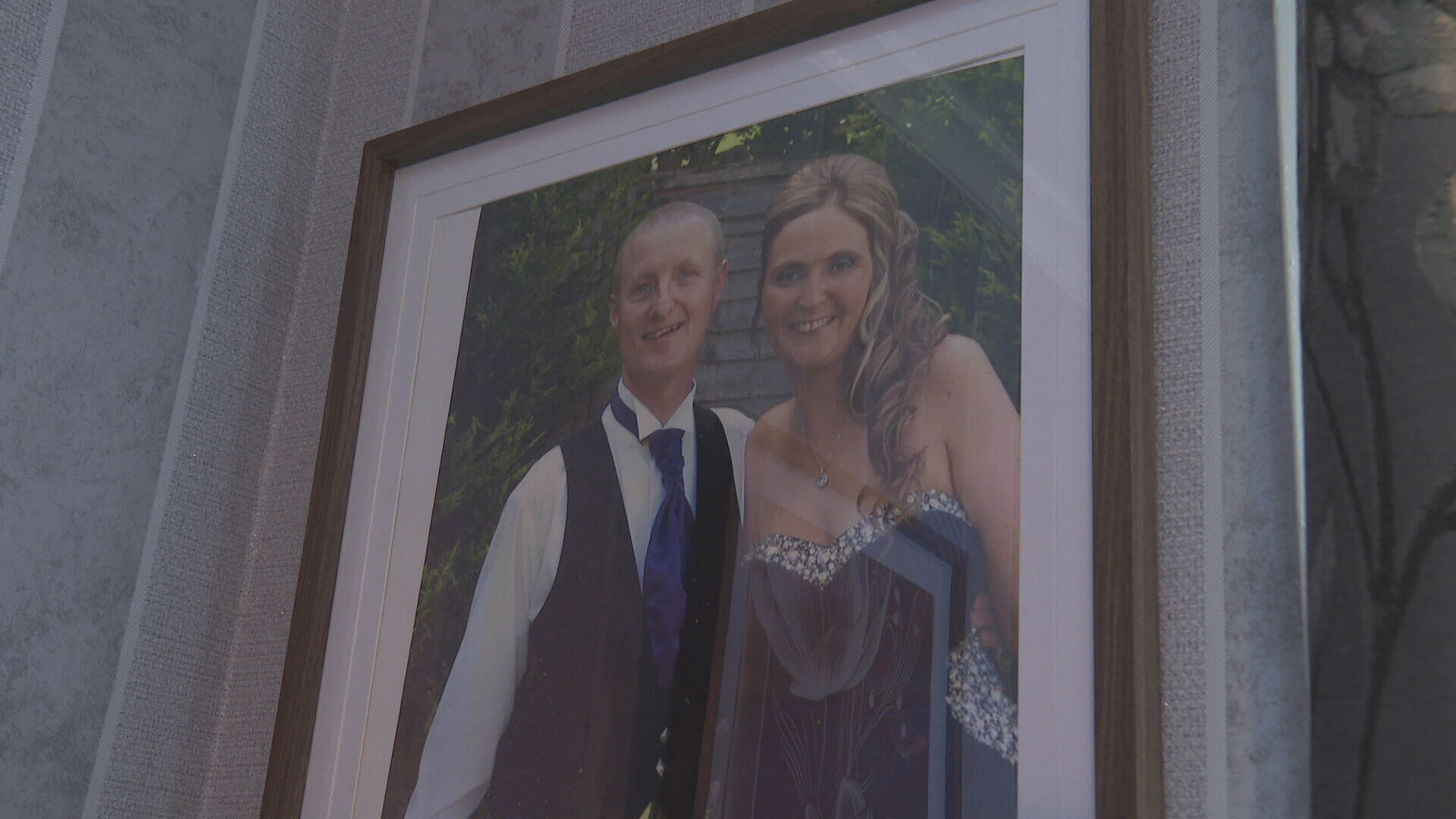 STV News
STV NewsWhile Claire has made significant progress and now married, the impact of the drug continues to affect her life.
She has fibromyalgia, severe back pain and headaches.
But Claire’s struggle to have children was the most devastating blow for Caroline.
“She went to a fertility clinic, but she wouldn’t let me go; she wanted to go herself. We found out she couldn’t have children because of sodium valproate. That was another hit.
“All she wanted was a baby. At that point, I was too old to have a baby or I’d have had one for her. I was too old.
“She doesn’t blame me. But no amount of money will give Claire what she wants. It cuts me up to this day.
“Sodium valproate has a lot to answer for.”
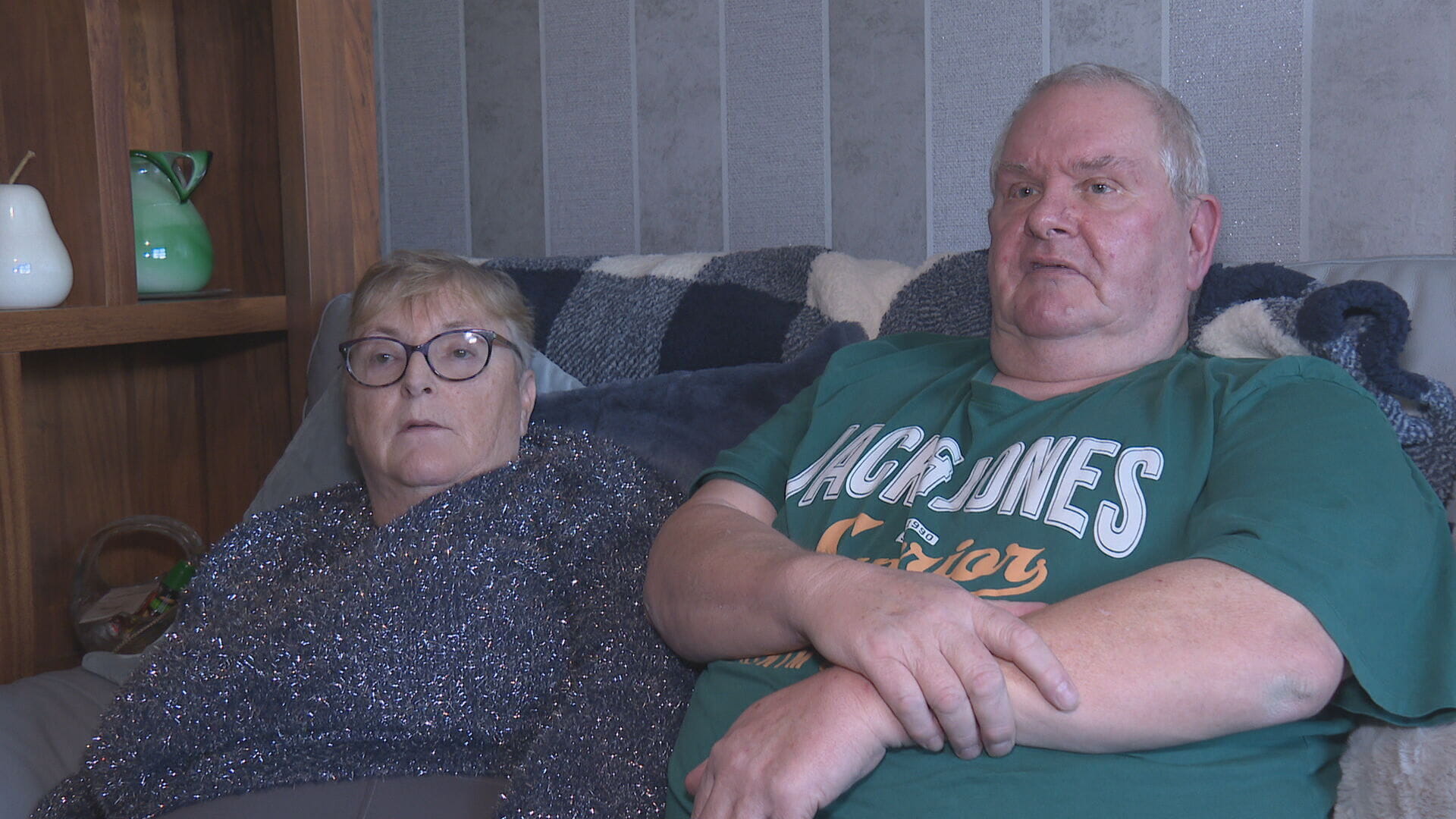 STV News
STV NewsCharlie said securing compensation for Claire would be “the light at the end of the tunnel.”
“She needs a financial package in place,” Charlie said. “Claire’s lucky, she married a good guy. But if he wasn’t there, who would look after her?”
“It’s not just about us – we’re fighting for the families who need help and the lost children who are not here anymore.
“I want to see my daughter sorted before I go. Somebody higher up than us has to take this by the horns.”
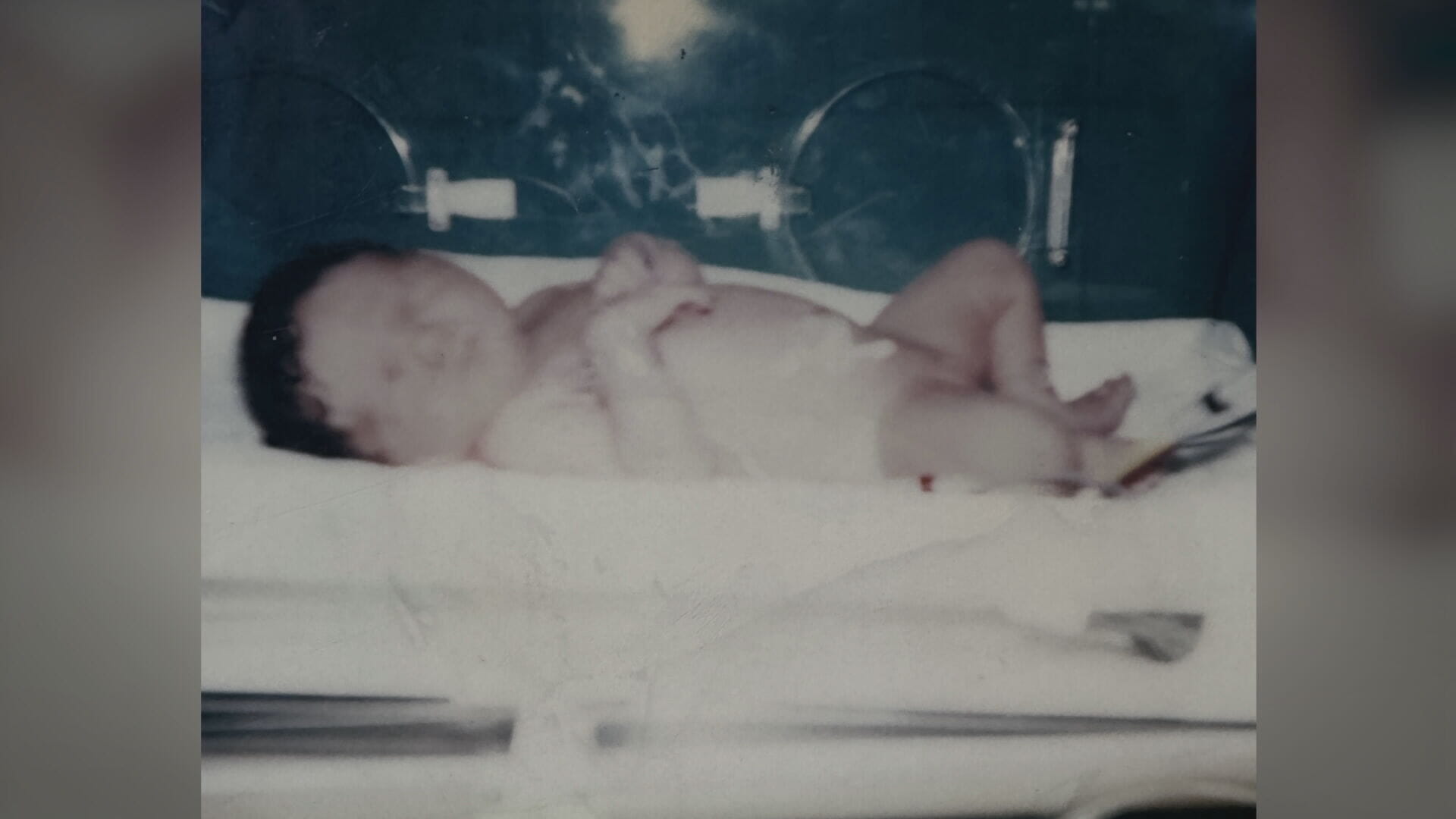 STV News
STV NewsWhat is sodium valproate?
Sodium valproate, also known as Epilim is used to treat epilepsy, bipolar disorder and occasionally migraine headaches.
For women who take valproate during pregnancy, approximately ten out of every 100 babies are born with birth defects, compared to just two to three out of 100 in the general population.
It’s estimated 2,000 affected by the drug in Scotland.
It is available only with a prescription in the form of capsules, tablets, or liquid, and may also be administered via injection in a hospital setting.
These birth defects can include spina bifida, facial and skull malformations such as cleft lip and palate, as well as abnormalities in the limbs, heart, kidneys, urinary tract, and sexual organs.
Additionally, sodium valproate may result in long-term learning difficulties and developmental delays, affecting 30 to 40 out of every 100 babies. These challenges may include delayed walking and talking, poor speech and language skills, memory issues, and lower intelligence compared to children of the same age.
Children whose mothers used valproate during pregnancy are also at a higher risk of developing autism or an autism spectrum disorder. They are also more likely to exhibit symptoms of attention deficit hyperactivity disorder (ADHD).
Four years on from the Cumberlege report, examining how female patients have been treated by the health service, campaigners are pleading for financial redress for those left with lifelong issues.
‘Our daughter’s condition was absolutely avoidable’
Another parent affected by the sodium valproate scandal is Charlie Bethune.
His daughter was diagnosed with sodium valproate syndrome a few weeks after her birth.
Now 11, she has suffered spinal problems, hypermobility in her joints and issues with her eyesight and speech.
Charlie said: “It’s really disappointing and frustrating that our daughter’s condition is absolutely avoidable.
“If the concerns of parents had been listened to 20 years ago, our daughter probably wouldn’t have been affected.
“The drug companies involved and medical agencies did not provide information about the risks and dangers of the drug to parents.
“This is not the fault of the people who took the drug, it’s the fault of the people who were advising that this drug was safe.
“Now, we’re trying to look forward. What happened is in the past, but let’s make sure it doesn’t happen again.”
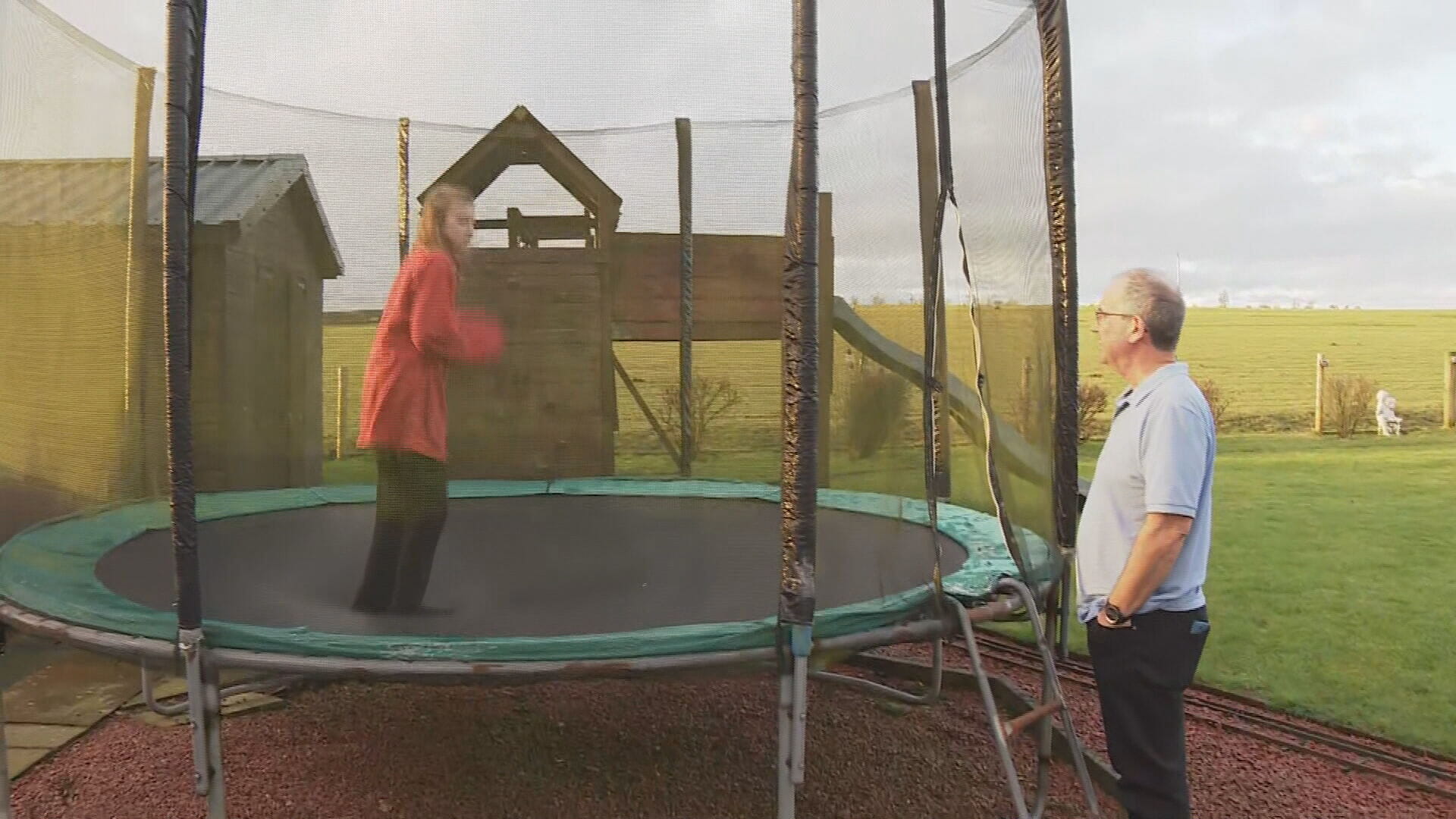 STV News
STV NewsCharlie has been campaigning for the recommendations of the Cumberlege report to be implemented.
“We need expertise in this condition in Scotland so people can be looked after properly,” he said.
“Education is a massive problem. For most people with additional support needs, the education system failing them.
“Can the Scottish Government get education and health to work together? They seem completely incapable of doing that.
“People have waited years for this. Our message is ‘stop talking and put together a plan with dates.’
“An apology is just words. What we need is action.”
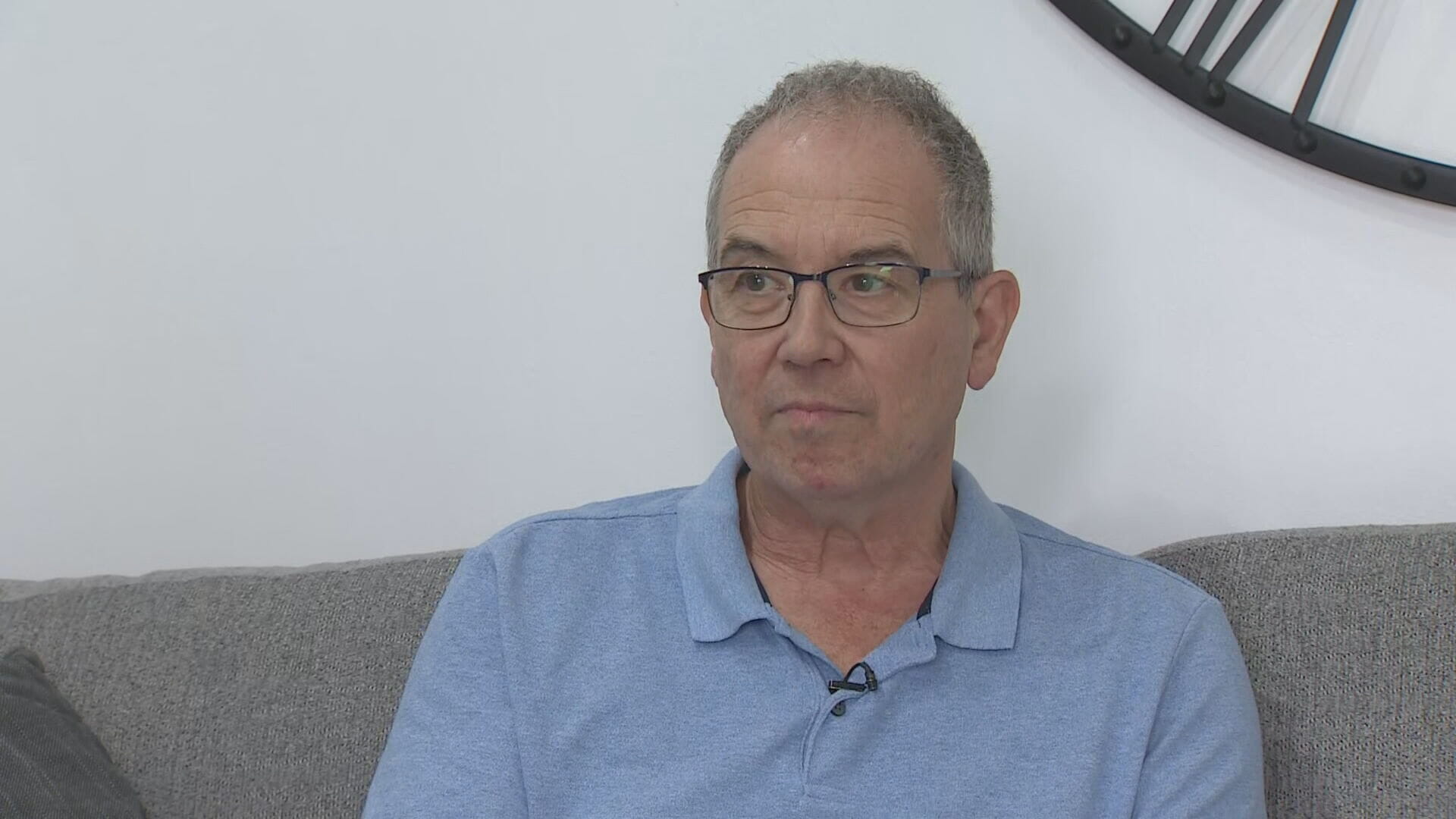 STV News
STV NewsDr Susan Duncan is the chair of Epilepsy Scotland and a retired neurologist.
“We knew about defects in the late 80s and 90s. It’s not about knowledge; it’s about delivering that knowledge.
“It’s really important to communicate with those with epilepsy. There’s no reason why you shouldn’t have children and that the vast majority of women (that take the medication) have unacceptable pregnancies. But you must give the best possible advice before conceiving.
“GPs are overwhelmed with the multitude of demands put on them. We don’t have enough neurologists in the UK and those that specialise in epilepsy. We also don’t have enough epilepsy nurses to reiterate those messages. It’s the lack of resources.”
Public health minister Jenni Minto denies victims have been “left in limbo” by the Scottish Government and said work is under way to support families.
“What we’ve been doing is understanding where we need to make changes within Scotland to meet recommendations. That was part of why I felt it was important today to meet with families who have children living with valproate syndrome.
“It was a very powerful and emotional meeting. It has really emphasized the importance of doing as much as I can within Scotland, but also putting pressure on those in the UK Government.
“I do understand the frustration they have with the length of time this process has taken.
“The Cumberlege Report suggests a levy on manufacturers of drugs or equipment. That is something reserved.
“What I’ve said to families today is that I’m willing to look at what we could perhaps do in Scotland to support them, but also to put pressure on the UK government to ensure that action is taken there too.”
Follow STV News on WhatsApp
Scan the QR code on your mobile device for all the latest news from around the country


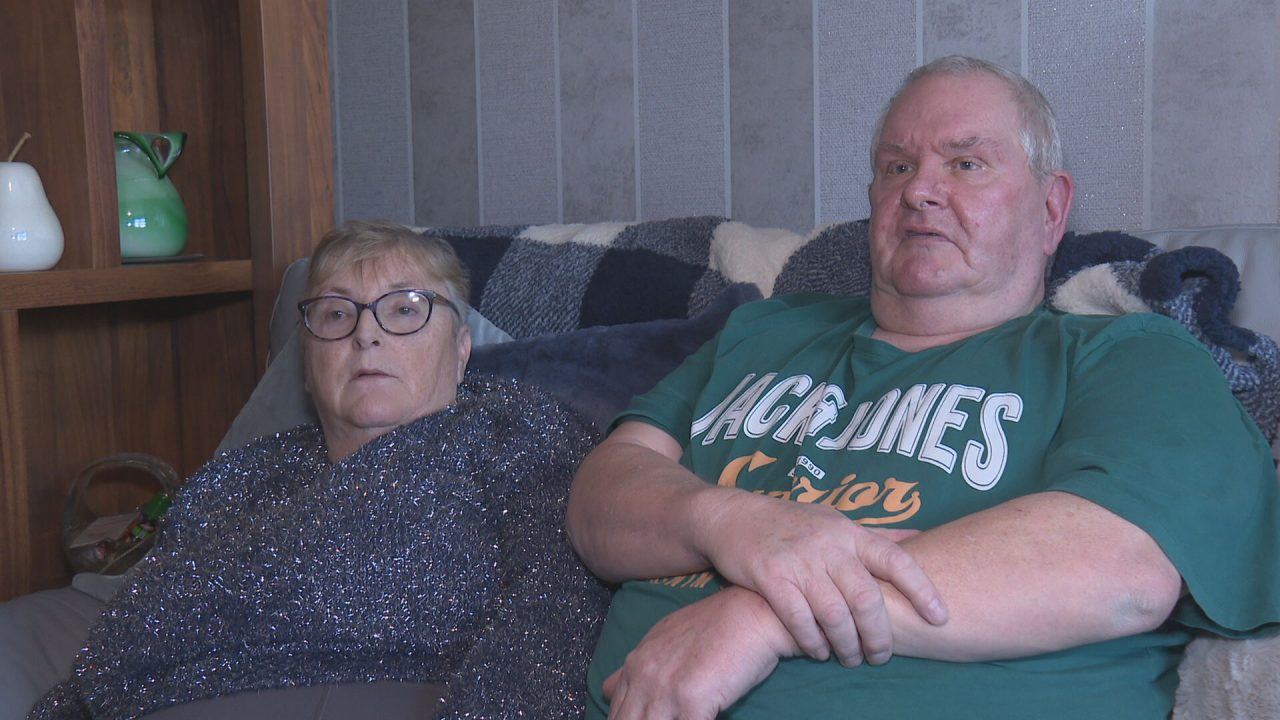 STV News
STV News